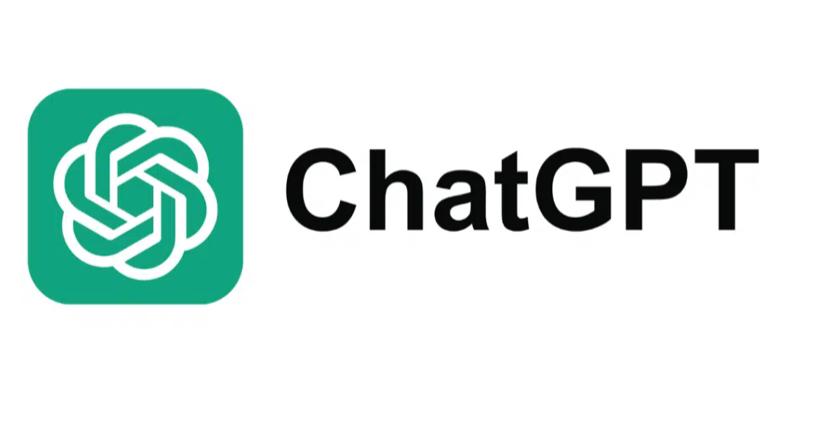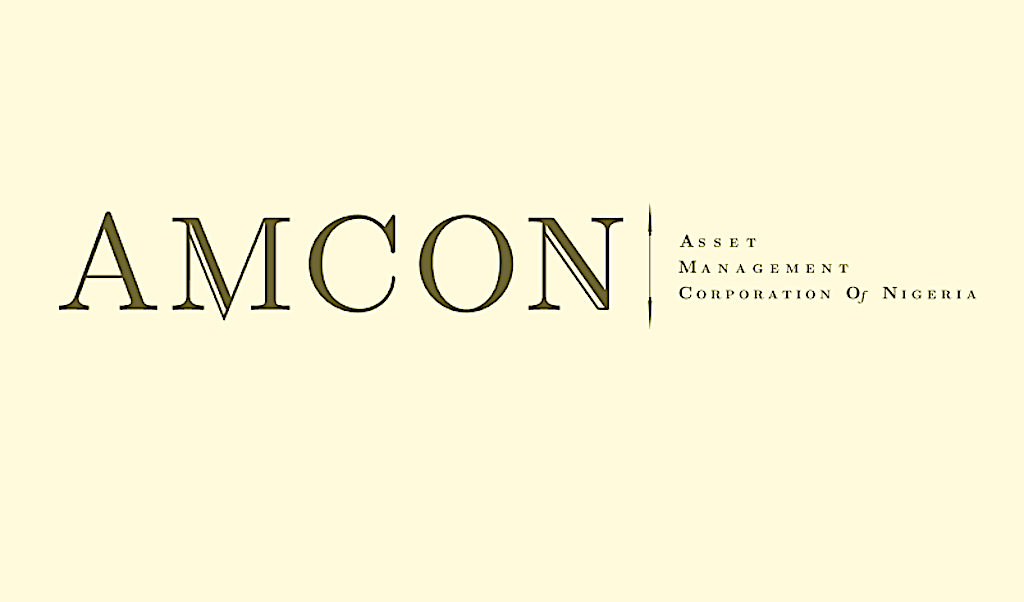Nume Ekeghe
Access Bank has highlighted a resurgence in investor appetite for Nigerian fixed income instruments, as elevated bids were recorded across the bond curve despite prevailing liquidity constraints in the financial markets.
Speaking during a live appearance on CNBC Africa, Treasury Team Lead at Access Bank, Kolawole Komolafe, noted that the renewed demand though measured is reflective of shifting sentiment as investors recalibrate portfolios in response to stabilising macroeconomic indicators and attractive yield levels.
Komolafe said: “There’s a notable uptick in buy-side activity, especially across medium to long-tenor bonds. While the pace of this demand is relatively cautious, we’re seeing elevated bids, which signal improved confidence in sovereign instruments.”The fixed income market opened the week on a bearish note, with traders observing significant activity in benchmark bonds such as the FGN 2031 and 2033 papers, which were quoted at yields of 16.90 per cent and 16.70 per cent, respectively. Average bids on benchmark papers rose by 10 basis points, further reflecting the shift in market positioning.
In the Treasury Bills and Open Market Operations (OMO) space, the March 17, 2026 OMO paper emerged as the most actively traded instrument, with yields rising from 20.20 per cent on Friday to 20.50 per cent by Monday. There was also notable demand for the newly issued 9th July one-year Nigerian Treasury Bills (NTB), which traded around 15.45 per cent.
Commenting on the money market, Komolafe noted that the system is currently running on a repo position of approximately N250 billion, with overnight rates spiking above 32 per cent, underscoring the illiquidity challenges that continue to weigh on the short end of the curve.
On the foreign exchange front, Komolafe acknowledged recent volatility driven by profit-taking from some foreign direct investors (FDIs), but credited recent interventions by the Central Bank of Nigeria (CBN) with stabilising the market.



